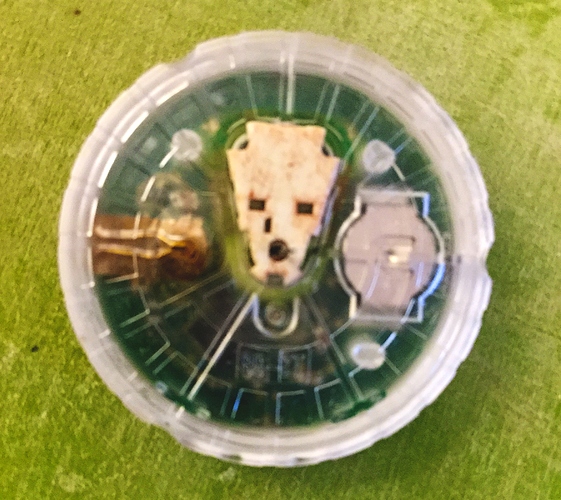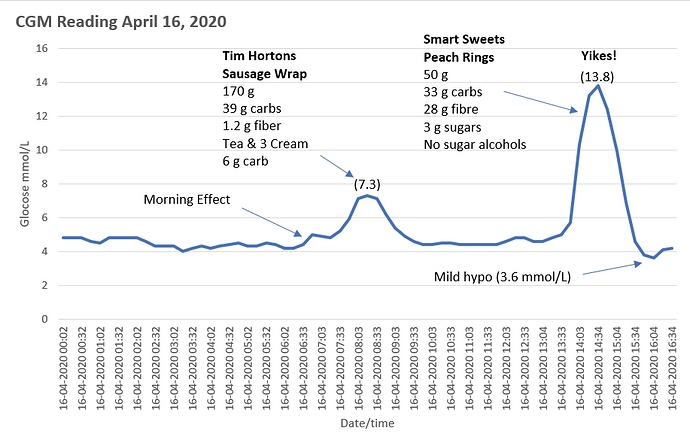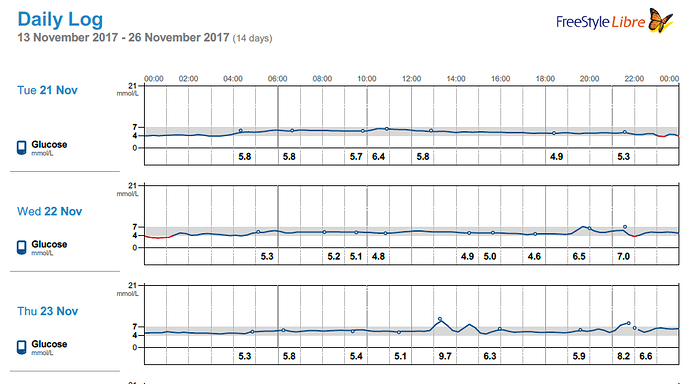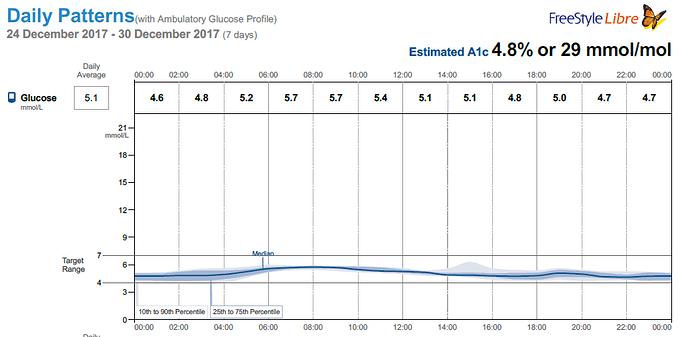I had a version from Sweden, where this did not happen. I got a version from the US, and this did happen. They were both 14 day.
What I found using mine for a year (bought a year’s supply from Sweden, only $60/month US at the time) was that eating all meat, no matter how high the protein content, caused zero blood sugar rise. I could not get my blood sugar to go up. For instance, this was 1 pound ground beef plus one can anchovies (first dot just before eating a meal):
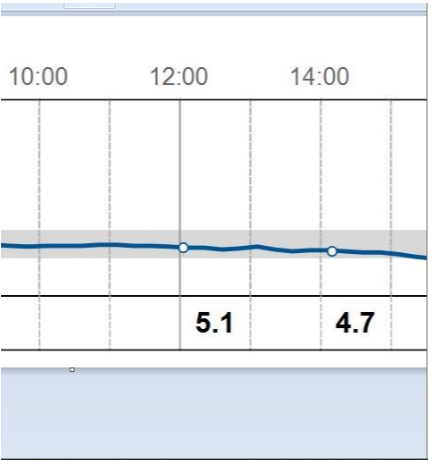
I’ve tested upwards of 160 grams of protein in a single meal, with basically zero blood sugar rise.
For my software, it helped to take readings immediately before then immediately after eating, as the software puts a dot on the output.
When I ate carbs, my highs to lows were within an hour. This is two days (Tuesday) before Thanksgiving, the day before (Wednesday, that’s a “safe” meal from a restaurant at night, 6.5, which turned out not to be safe, then ice cream, 7.0), then Thanksgiving day (Thursday), with potatoes, homemade sourdough bread, etc., (about 1pm) followed by cheesecake (about 2pm or 1400). See how fast everything goes up and down?
My daily patterns were always like this, low at night, rising until early morning (I don’t eat breakfast, but this also is the time I exercise, which causes blood sugar to go up; usually 3 days/week of exercise), then going down all day. The spikes due to Christmas dinner. Months of data exactly like this. It did not matter whether I was fasting for 1+ days or multiple days; my blood sugar was high in the mornings, though the longer I fasted, the lower my blood sugar would be overall. That is, the entire curve went down. As soon as I ate, though, my blood sugar would be about 100 (divide by 18 = 5.6) in the mornings. This is after 5 years of low carb at that time (now going on my 7th year).


